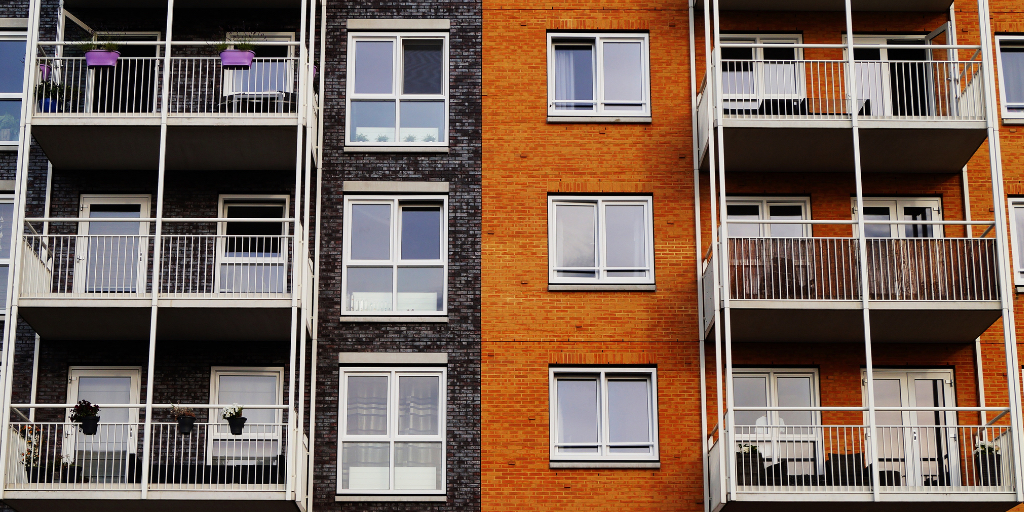COVID-19 has impacted the entire globe like nothing we have ever seen before. Whilst unemployment rates are at an all time high, and many people have faced a substantial drop in income, the payment of expenses and cost of living often remains unchanged.
In order to assist with the impact of COVID-19, the NSW government introduced an interim 60 day stop on landlords issuing termination notices or applying to the NSW Civil and Administrative Tribunal (the Tribunal) for an eviction order due to rental arrears, where tenants meet the eligibility criteria for being financially disadvantaged by COVID-19. The 60 days stop has since expired.
A further measure that was put in place by the NSW Government was a six month restriction on landlords evicting tenants who are financially disadvantaged by COVID-19, unless they have first attempted to negotiate a rent reduction with the tenant.
What is the criteria for hardship by tenants?
The New COVID-19 measures only apply to tenants who satisfy the criteria. The criteria established by the NSW Government includes:
A tenant is COVID-19 impacted if:
- one or more rent-paying members of a household have lost employment or income (or had a reduction in work hours or income) due to the impact of the COVID-19 pandemic, or
- one or more rent-paying members of a household have had to stop working or reduce work hours due to illness with COVID-19, another member of the household’s illness with COVID-19, or COVID-19 carer responsibilities for household or family members, and
- the above factors result in a household income (inclusive of any government assistance) reduced by 25% or more.
In order to meet the criteria the tenant must provide the following;
- proof of job termination/stand-down, or loss of work hours
- proof of Government income support
- proof of prior income.
In circumstances where the landlord is facing undue hardship due to the rent not being paid, you may still apply to the tribunal to remove the tenant.
The NSW Government also introduced a 90-day extension to the notice periods. This 90-day notice period applies when ending:
- a fixed-term agreement
- a periodic agreement
- a tenancy because of breach of agreement other than for non-payment of rent or charges.
In what circumstances can a landlord issue a termination order or apply for an eviction order?
From 14 June 2020, a landlord can issue a termination order or apply to the Tribunal for an eviction order only if:
- the landlord has first participated in good faith in a rent negotiation process run by Fair Trading and
- it’s fair and reasonable in the circumstances for a tenancy to be terminated.
When do the COVID 19 measures not apply?
The following circumstances are the instances where Landlords can still use the usual termination processes to end a tenancy which include the following:
- for non-payment of rent or charges by a tenant who is not impacted by COVID-19
- where the landlord is suffering undue hardship
- where the tenant has caused serious damage to the property or injury to the landlord or their agent or neighbour
- where the tenant is using the premises for illegal purposes
- where the tenant has threatened, abused, intimidated, or harassed the landlord, the landlord’s agent or another person
- where the landlord is intending to sell the premises
- where the tenant has not complied with a rectification order issued by NSW Fair Trading.
